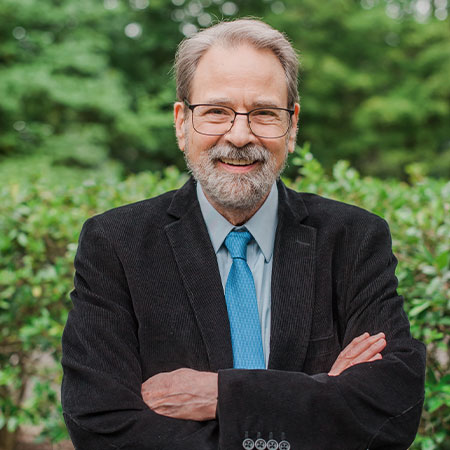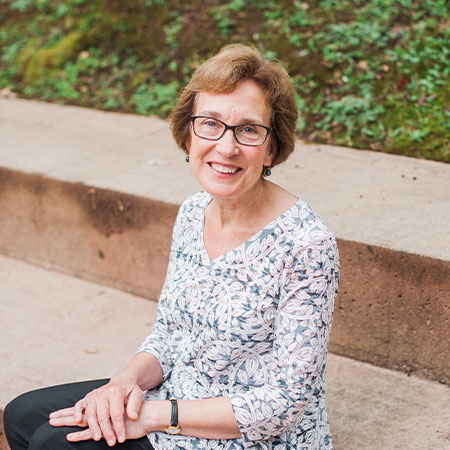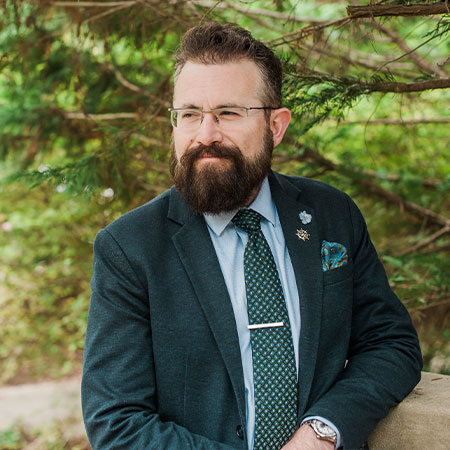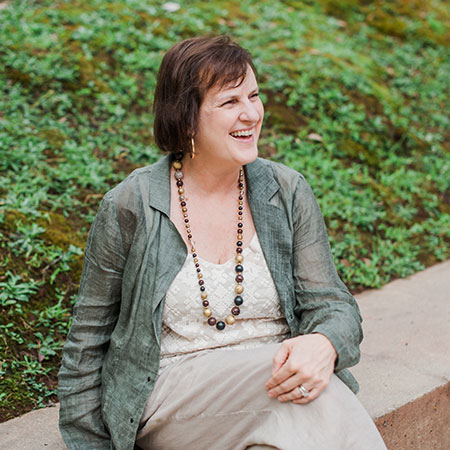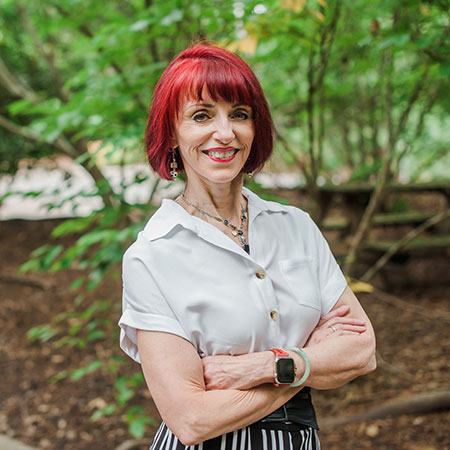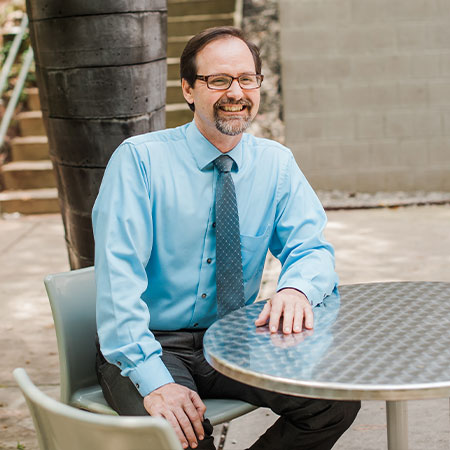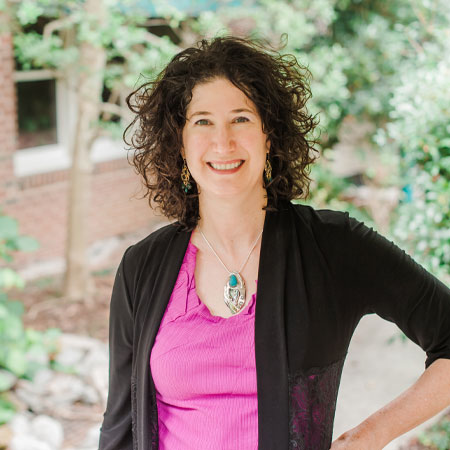Member Perspectives
Alan Stern, PhD
Psychoanalyst
PCC Training and Supervising Psychoanalyst Emeritus
“I had an unusual path to psychoanalysis. I am one of the few people who came from academia; I was a professor of political science at UNC, so I am the first non-medical, fully trained, clinical person in the PCC program. I changed careers because I found it exciting to help people on an individual level rather than in a group setting. The more I got into the clinical work, the more I fell in love with it.”
Catherine Soriano, MD
Psychiatrist and Psychotherapist
“Sometimes people ask me how I would describe psychoanalysis, and I like to share a story from my childhood, when I was visiting my uncle who had a fish farm. One day he took me to the ponds and said, ‘Can you see the fish?’ I could see only blue, the reflection of the sky. Then he handed me his sunglasses and suddenly I could see all the fish, teeming below the surface. To me, that’s what psychoanalysis is like: there’s a lot there just below the surface. You can see it, but you need a little help to get there. And once you do, it’s really fascinating.”
Heather Craige, MSW
Clinical Social Worker and Psychoanalyst
PCC Faculty and Training and Supervising Analyst
Circle of Security Leader
“Psychoanalytic work is very complex and can be disturbing to the therapist. When treating a person with childhood trauma, for example, the therapist can get pulled into an early scenario, like an actor in a play. The therapist’s work is to identify what is happening and become able to speak about it with your patient. That’s where help from colleagues who understand is truly invaluable.”
E. Scott Warren, PhD, LPC
Psychotherapist
Board of Directors, Treasurer
“The greatest benefit I receive from being involved with the PCC is the camaraderie, fellowship and engagement with other professionals. A close second has been the quality of education, for example, reading multiple primary sources from diverse thinkers and having stimulating conversations relating to case material. I really believe in the quality of education and opportunities available from the PCC, particularly beyond one’s standard academic or medical training.”
Tricia Wilson
Circle of Security Leader
Community Member
Board of Directors, Secretary
Author of Adopting Grace
“Through my own therapy, the therapy of my children who have trauma history, and my own research, I pieced together over a span of 10 years some of the components of analysis. I began to understand the attachment needs of children, what am I bringing to the table as a parent, and my role as a parent. Then I found the Circle of Security Parenting through the PCC. While I had little pieces from different places, Circle of Security beautifully distilled the foundations of psychoanalysis in a package accessible to all. I am now a Circle of Security group facilitator, helping parents who are looking to improve their relationships with their children.”
Dhipthi Brundage, MD
Psychiatrist and Psychoanalyst
PCC TEC Director
Training and Supervising Analyst
“Training and supervision from the PCC have helped me improve my clinical practice. Supervision deepened the way I think and has allowed me to be a better listener with my patients. It has taught me to listen for what a patient is communicating underneath the surface. I am also more open to the idea that things evolve over time because of my psychoanalytic training. It’s the most in-depth training you can get about how our minds work and I find myself using this training in all kinds of interactions with patients.”
Steve D. Bennett, PhD
Psychologist, Psychoanalyst
Director, Center for Psychological and Family Services
PCC Faculty and Training and Supervising Analyst
PCC Past President
“Being a part of a professional community and one that seeks to practice mindfulness is one of the greatest benefits of PCC membership. I’ve found the people in this community to be serious about their self-examination, honesty and ability to be thoughtful in how we work together. The organization provides collegiality and accountability. It’s comprised of individuals who value the development of themselves – and the field – through the latest research and study groups.”
Peter Buonaccorsi, MD
Child and Adult Psychiatrist
PCC Faculty Member
PCC Scientific Programs Committee
“The psychoanalytic perspective is more important than ever. We are losing touch with human beings day-to-day in today’s world, and the effects of that are seen in the levels of depression and low morale. People are starting to be incapable of relating well to other people. The process of psychoanalytic therapy helps to relieve all these things. Daily, face-to-face interactions and spending time on the importance of emotions is something that many people just don’t do.”
Natalie Peacock-Corral, LCSW, CGP
Psychiatric Social Worker
Psychotherapist
PCC Faculty Member
Judy Byck Scholarship Committee Chair
“The PCC gave me the opportunity to grow up. I received high-quality supervision from someone who has become my mentor and whose input into my career has been profound. My supervisor encouraged me to teach, which opened up further opportunities and helped me find my love of teaching. It has also helped me fulfill my desire to flex my theater skills as the director of the PCC’s Mind Play program.”


